Our goal: build and launch a stabilized, camera-carrying cubesat in months
SBUDNIC is a Sputnik-like 3U CubeSat by Brown University and CNR, with the support of D-Orbit, AMSAT-Italy, La Sapienza-University of Rome and NASA Rhode Island Space Grant. Our goal is to build and launch a cube satellite using only terrestrial parts like Arduino Uno. We plan to make all of our designs open-source. SBUDNIC emerged from Professor Rick Fleeter’s “Design of Space Systems” class, ENGN1760.
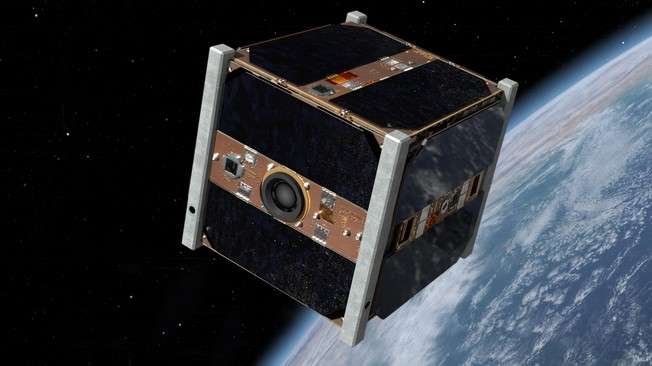
Why?
Why not? We aspire to be one of the fastest sketch-to-launch developments of a 3U cubesat. Period. SBUDNIC’s total budget is approximately $10,000 USD; we are working to meet our aggressive timeline by utilizing as many terrestrial components as possible.

When?
SBUDNIC will be deployed at 500km aboard a Falcon 9 as a secondary payload on a scheduled Starlink deployment mission on May 25th, 2022.
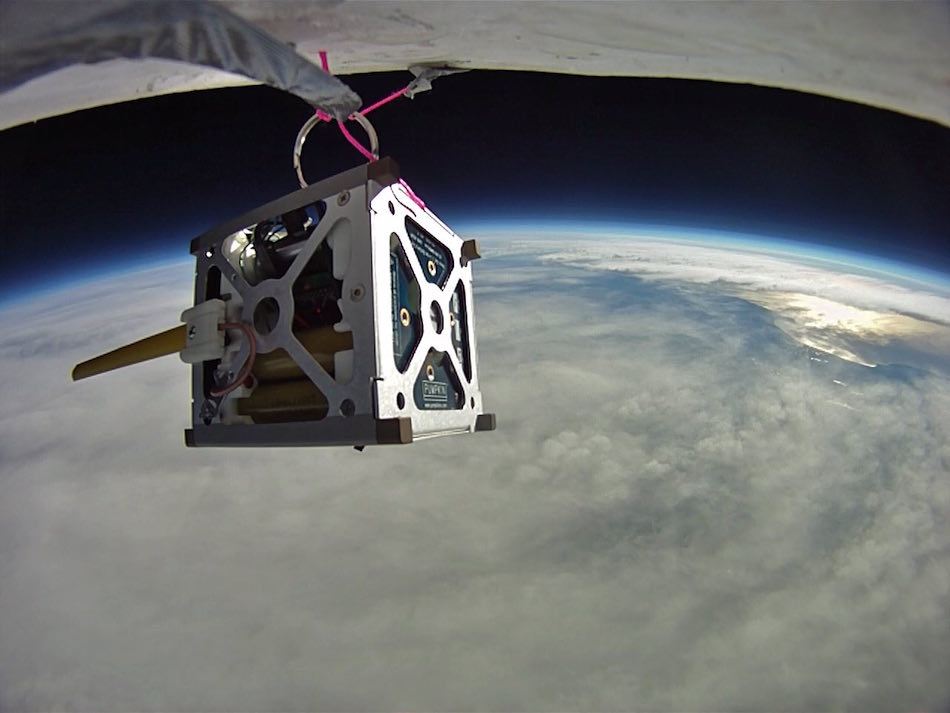
Who?
We are a team of Brown University undergraduate and graduate students supported by several dedicated and generous European professional partners. About half of us are studying some form of engineering. The other half of us come from fields like economics, international relations, and sculpture. This is a massive interdisciplinary effort.
Design Overview
Our team is divided into various subsystems responsible for different parts of the satellite, including Structure (STR), the Thermal Control System (TCS), Tracking, Telemetry and Control (TTC), Electrical Power System (EPS), Onboard Data Handling (OBDH), Payload (PL), Space Telecommunications Radio System (STR), and the Altitude and Orbit Control System (AOCS).
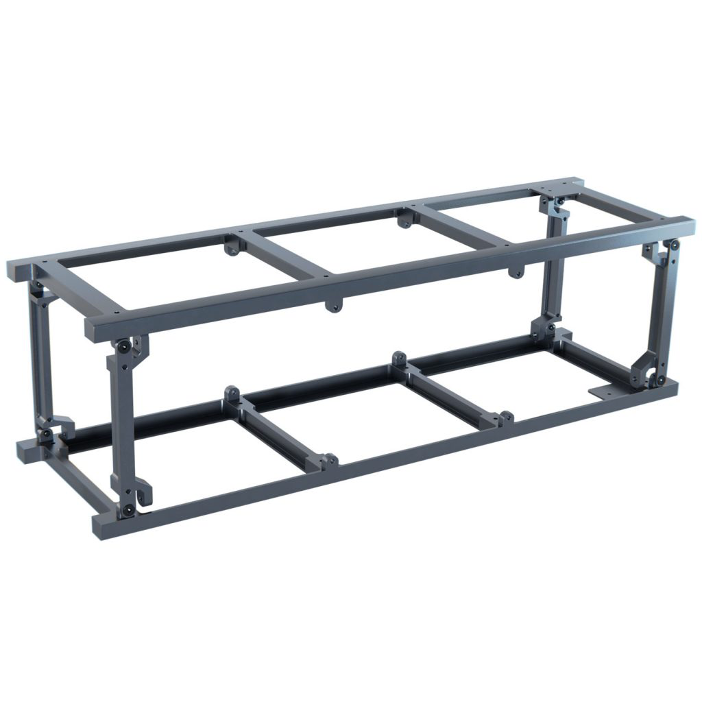
STR
Structure
In compliance with D-Orbit’s design and engineering guidelines, we are utilizing a commercially-available anodized Al6061 3U frame. Inspired by ongoing research on wooden-framed satellites at Sumitomo Corporation in partnership with Kyoto University, the structure team is concurrently pursuing the integration of wooden components within the structure.
Learn More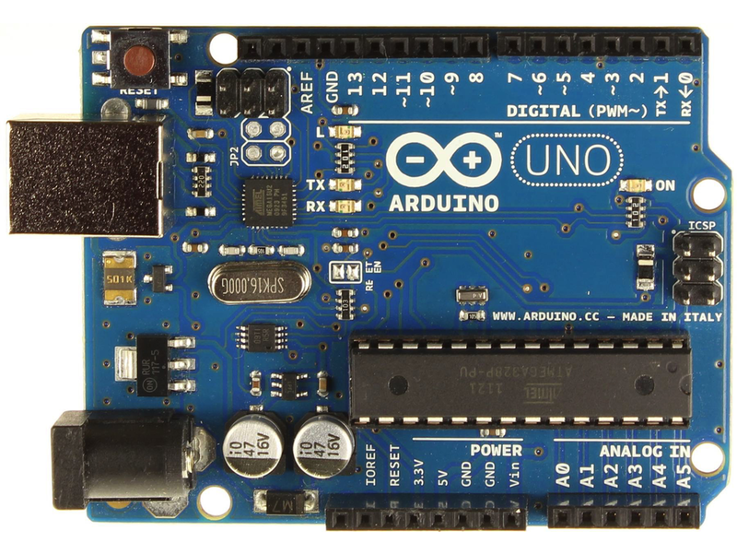
OBDH
Onboard Data Handling
SBUDNIC will be controlled by a over-the-counter Arduino. To avoid mission failure due to SEU, the Arduino will operate multiple copies of the control firmware simultaneously which will constantly verify computational accuracy against one another.
Learn More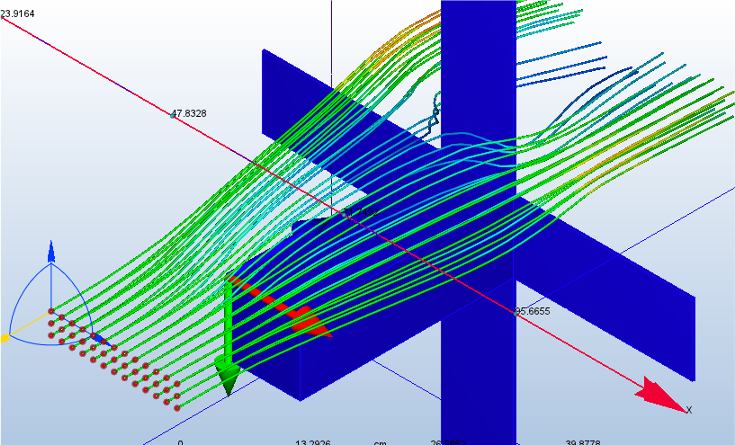
AOCS
Altitude and Orbit Control System
After careful consideration of multiple stabilization options, a passive aerodynamic drag stabilization system will be used on SBUDNIC. To the best of our knowledge, SBUDNIC will be one of the highest-orbiting aerodynamically stabilized satellites ever launched. While the forces at play are miniscule (on the order of 10-6 Newtons) calculations demonstrate that this is enough for successful stabilization. .
Learn More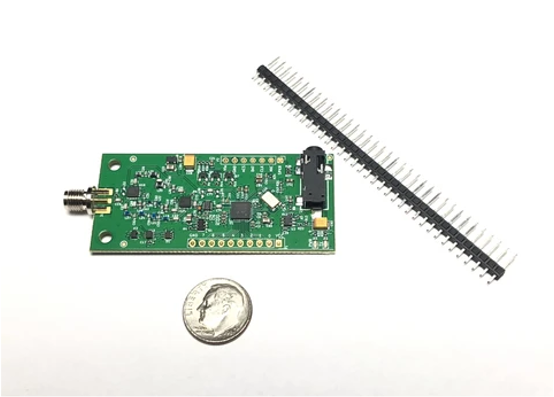
TTC
Tracking, Telemetry and Control
Radio communication will be achieved with a Ham radio-based Arduino add-on like the Hamshield Mini shown to the right. A long strand of nickel titanium wire will be used as the antenna. This solution is widely used among 3U CubeSats.
Learn More